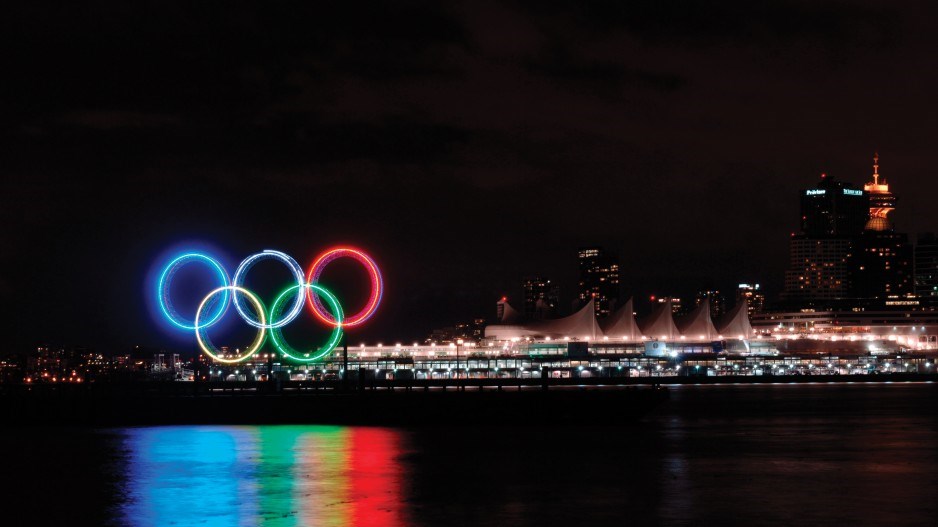At that time, 60% of British Columbians were willing to explore a new bid for the Winter Olympics, and 62% envisaged the possibility of Vancouver’s venues being repurposed for the Summer Games. The chance to welcome the world to the city again appeared to be too good to pass up.
It is safe to say that a lot has happened since then. The COVID-19 pandemic has led to a larger debate about housing in Metro Vancouver, as well as the best way to revitalize Downtown areas. There have been calls for the boycott of the Beijing 2022 Winter Olympics on account of China’s human rights record – a notion endorsed by 56% of Canadians when we last asked in August.
Tokyo organized the Summer Olympics one year after it was supposed to, with few fans enjoying the festivities and without the economic windfall that was originally envisioned by both the public and private sectors.
In Japan, public opinion was solidly in favour of postponing or cancelling the Games on account of the pandemic, but the International Olympic Committee (IOC) carried on regardless. In the latest survey by Research Co. and Glacier Media, just under half of British Columbians (48%) hold positive views of the IOC, while 36% say their opinion is negative. We also found that 45% of the province’s residents agree with the IOC’s decision to go against the wishes of the Japanese people, while 43% disagree and 12% are undecided.
The IOC has long been shrouded in secrecy, and so have the operations of its event organizers. Some of the most important documents related to the Vancouver 2010 Winter Olympics, such as financial reports and audits, will not be available to the public until 2025. Other files are, astonishingly, restricted until 2111 (yes, 101 years after the event). This means that, should Vancouver launch a bid to host the 2030 edition of the Winter Games, the process would start without residents having a clear idea of how much was spent or how key decisions were made.
Even with this lack of transparency and documentation, there are ways to calculate the expenses incurred by Olympic hosts. The Council on Foreign Relations – a U.S.-based think tank – published a report comparing the initial budget and the final cost of every Olympic contest from 1996 to 2016. Their figures for Vancouver 2010 are a budget of US$2 billion and a final cost of US$7.6 billion.
Other host cities dealt with massive discrepancies. Some are still paying for their poor planning, like Athens 2004, whose final cost was five times larger than originally budgeted. Others clearly benefit from authoritarian state control and the absence of a critical press, such as Beijing 2008 (final cost US$45 billion) or Sochi 2014 (final cost US$51 billion).
The nostalgia towards a new Olympic bid that we observed in early 2020 has been supplanted by skepticism in late 2021. Support for Vancouver attempting to host the Winter Olympics in 2030 stands at 43% across British Columbia, down 17 points since January 2020. More dramatically, support in Metro Vancouver plummeted from a healthy 63% in 2020 to a subdued 43% this month.
A bid for the Summer Olympics is not a dream scenario either, with support in British Columbia dropping from 62% in January 2020 to 38% this month.
It is evident that the experience of Tokyo has made many С����Ƶ residents doubtful about a new Olympic bid. Across the province, 17% of residents tell us that they supported Vancouver hosting the Winter Games again but now they are opposed – including 24% of those aged 35 to 54.
A majority of British Columbians (55%) also think it is impossible for Vancouver to host the 2030 Winter Olympics without any public or government funds, as has been irresponsibly suggested. Majorities of residents who voted for the С����Ƶ New Democratic Party (NDP) (58%), the С����Ƶ Liberal Party (53%) and the Green Party of С����Ƶ (52%) in last year’s provincial ballot understand that this hopefulness is not rooted in reality.
If a new Olympic bid is to be seriously contemplated, getting British Columbians on side will be more complex than it was in the early years of this century. The organizers, should they decide to take on this challenge, would be wise to realize that proper public opinion research on an event of this magnitude cannot be an aspirational exercise. When an attempt to measure the population’s feelings ultimately becomes a veiled promotion for a specific outcome, there is no podium to be owned. •
Mario Canseco is president of Research Co.
Results are based on an online study conducted from October 18 to October 20 among 800 adults in British Columbia. The data has been statistically weighted according to Canadian census figures for age, gender and region in Canada. The margin of error, which measures sample variability, is plus or minus 3.5 percentage points, 19 times out of 20.




